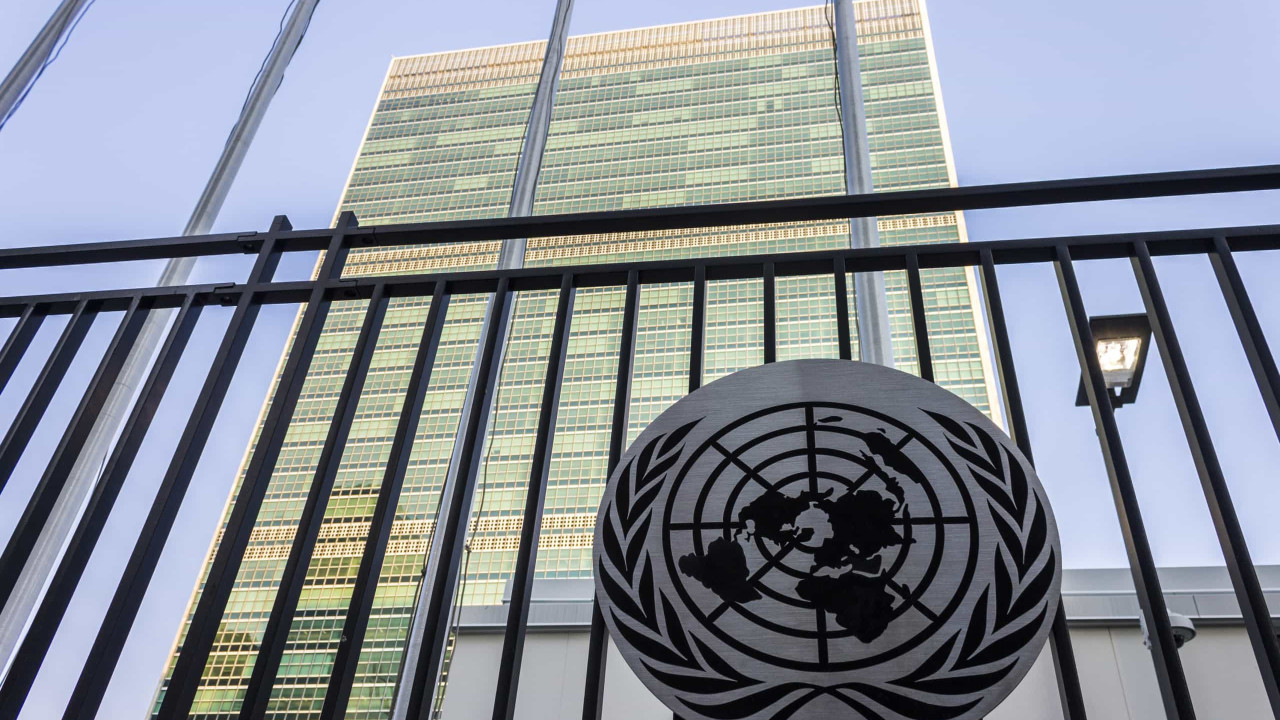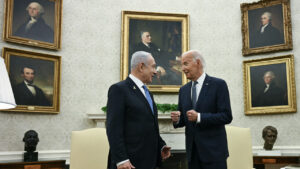
“OThe events of the past week are just the latest developments in the Russian Federation’s senseless war against its neighbour, a war whose consequences are being felt around the world,” United Nations Political Affairs Chief Rosemary DiCarlo told an urgently convened meeting of the UN Security Council.
DiCarlo, in a speech before the Security Council, stressed that the end of the Black Sea agreements and the attacks on crucial ports will only exacerbate this crisis.
“The new wave of attacks against Ukrainian ports could have a major impact on global food security, in particular in developing countries,” insisted the US diplomat, who also considered “unacceptable” Moscow’s “threats” about the possibility of attacking civilian ships in the Black Sea.
Since the beginning of the war, the Kremlin has tried to prevent the international impact of the conflict from causing Russia to lose support in the so-called global south, where it maintains friendly relations with a large number of governments.
So, for example, in recent days it has reiterated its willingness to provide free cereals to African countries after the suspension of the Black Sea initiative for the export of Ukrainian cereals.
However, UN humanitarian chief Martin Griffiths recalled that breaking that pact poses huge problems for vulnerable nations, especially in Africa and the Middle East.
“Global grain prices have soared, threatening to undo the progress made last year in stabilizing markets, which could starve millions of people,” said Griffiths.
Therefore, Griffiths argued that the Russian withdrawal from the Black Sea agreements was “extremely disappointing” and that the events of the last four days, with attacks on ports and threats to ships transiting through the area, “were alarming”.
On Thursday, UN Secretary-General António Guterres “strongly” condemned recent Russian attacks on Ukrainian Black Sea ports.
Russia said today it will inspect all ships bound for Ukrainian ports for weapons, after the Defense Ministry warned it would consider such vessels as potential military targets, regardless of their flag.
“We must be sure (…) It is totally logical, especially after the attacks that were committed,” Russian Deputy Foreign Minister Sergei Vershinin said at a press conference.
Vershinin explained that, as is common practice with inspections at sea, an order is placed and then an inspection is made to confirm that the ship is not carrying “harmful” cargo.
“Now there is no longer a maritime humanitarian corridor, now it is an area of maximum military risk”, he underlined.
After Moscow started its attempt to blockade the Ukrainian coast, trying to close Ukraine’s access to the Black Sea since the invasion began on February 24 last year, Kiev replied that it also considers any ship heading to Russian ports as a military target.
The Black Sea Grain Initiative, agreed a year ago by Russia, Ukraine, Turkey and the United Nations, allowed the export of almost 33 million tons of food from three ports in southern Ukraine, considered crucial for lowering global prices and food security in the most vulnerable countries.
The Russian authorities made it known that they will only return to the protocol if their conditions are met, namely the trade in their own agricultural products, which is hampered, as they stress, by Western sanctions.
Russia’s demands also include the reintegration of its agricultural bank, Rosselkhozbank, into the SWIFT international banking system, the lifting of sanctions on spare parts for agricultural machinery, the unblocking of transport logistics and insurance, the unfreezing of assets and the reopening of the Togliatti-Odessa ammonia pipeline, which exploded on June 5.
Also Read: Sudan. UN warns war threatens stability in Africa
Always be the first to know.
Seventh consecutive year Consumer Choice for Online Press.
Download our free App.

Source: https://www.noticiasaominuto.com/mundo/2366042/ucrania-onu-acusa-russia-de-por-em-risco-seguranca-alimentar-no-mundo


